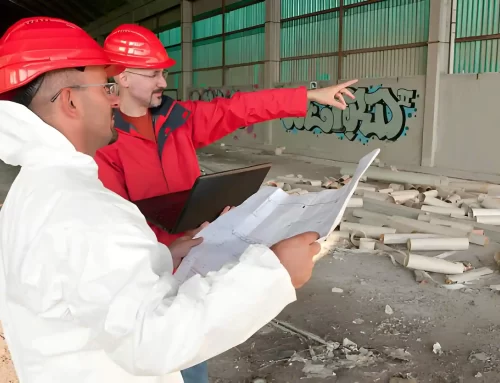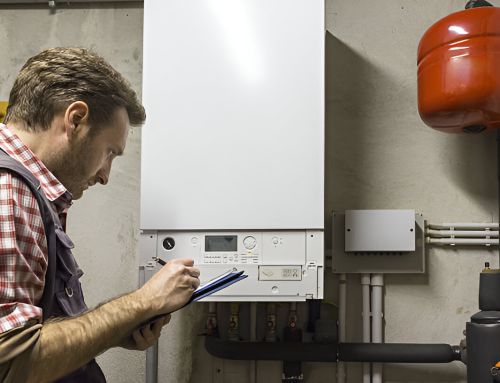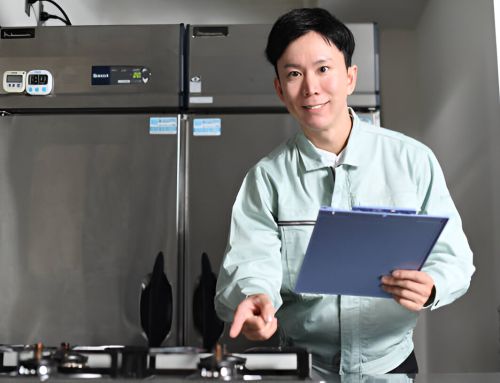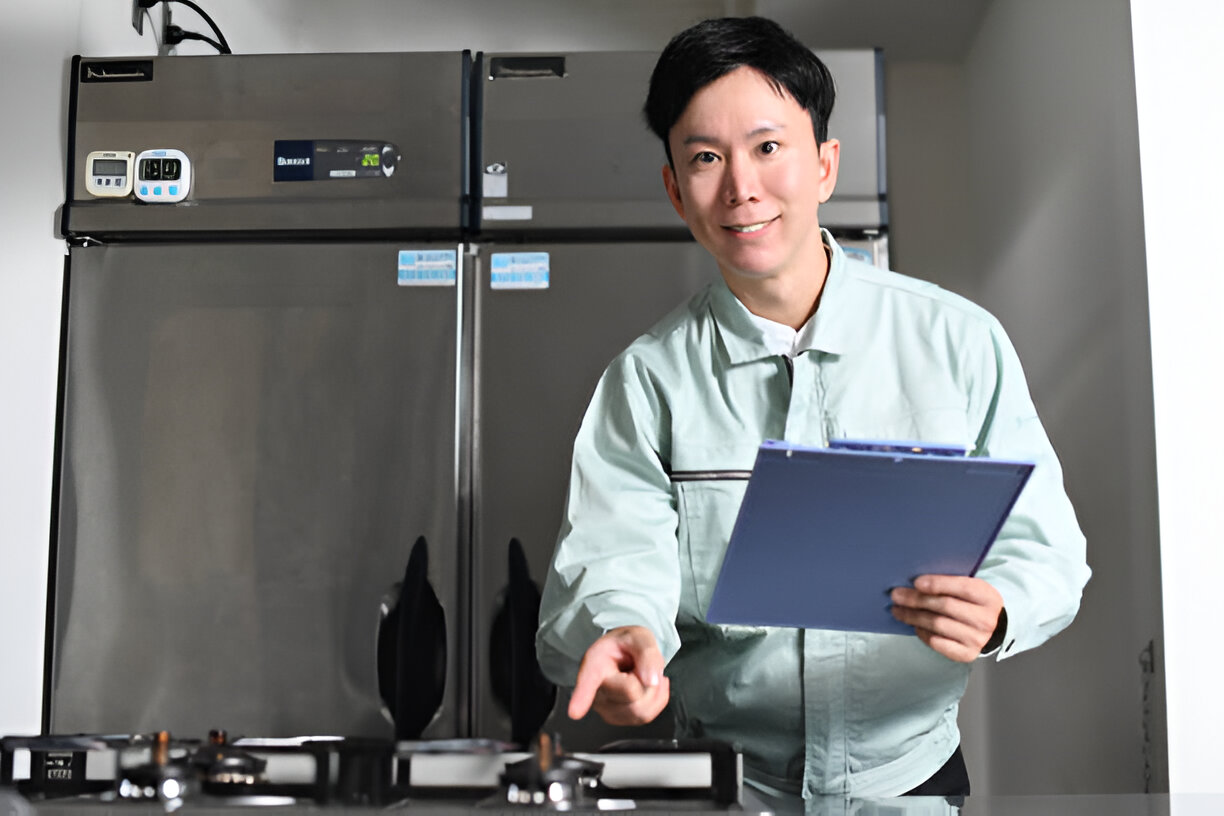
Gas safety certificate requirements play an essential role in protecting everyone who lives in or visits your property. The law mandates regular gas safety checks by properly trained professionals to ensure all appliances remain in safe working order. Yet many landlords and homeowners still feel unclear about what actions to take. Understanding the gas safety certificate requirements is crucial to staying compliant and avoiding legal consequences. What happens if you don’t follow these guidelines? Keep reading to find out.
Key Takeaways
- Landlords and property owners must schedule an annual gas safety check on all gas appliances to comply with the law.
- Only a qualified Gas Safe registered engineer is authorised to carry out these checks.
- Every gas safety certificate is valid for one year and must be renewed annually.
- Landlords must keep accurate records of all gas safety checks and let tenants know of any risks or repairs.
- Routine maintenance not only improves safety but also protects the property’s value and its appeal to future tenants or buyers.
What Are the Gas Safety Certificate Requirements?
Landlords often ask, What are the gas safety certificate requirements? In simple terms, this means that all gas appliances, pipework, and any related fittings must be checked annually by a registered Gas Safe engineer. The engineer will inspect the equipment, test safety features, and look for signs of wear or damage.
Once the inspection is finished, the engineer issues a gas safety certificate. This certificate outlines the condition of each appliance, lists any safety work carried out, and confirms the inspection date. Staying on top of these requirements isn’t just about obeying the law; it’s about creating a safer environment for everyone who enters your property.
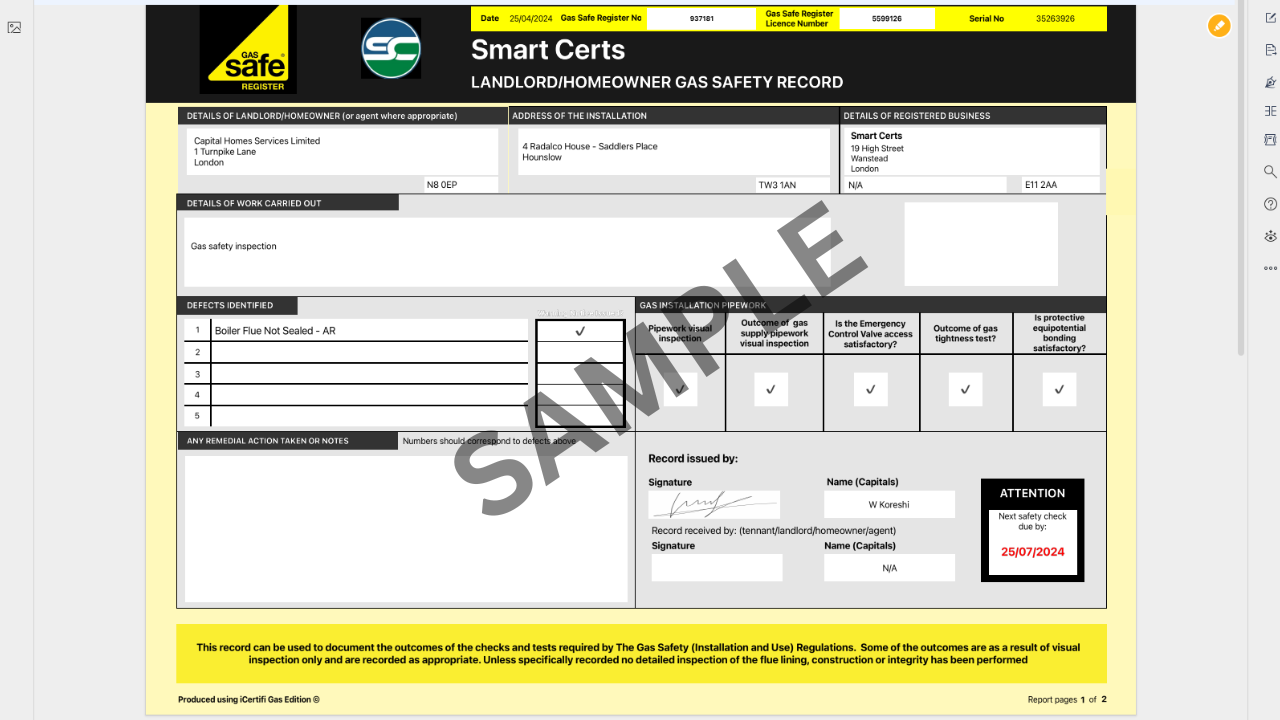
Why is a Gas Safety Certificate Important?
A gas safety certificate is not just a document; it acts as a guarantee that your appliances are safe to use.
- Safety Assurance: With regular checks, you can catch minor problems before they become serious hazards, like gas leaks.
- Legal Compliance: Following the regulations keeps you on the right side of the law and prevents expensive fines or legal troubles.
- Increased Property Value: A home with up-to-date safety records is more attractive to tenants or buyers who want to know they’ll be safe.
Who Needs a Gas Safety Certificate by Law?
The law states that all landlords must obtain a gas safety certificate every year. It applies to all types of rented properties, including houses, flats, holiday lets, and commercial spaces with gas appliances.
Homeowners who live in their property are also encouraged to have a gas safety check completed annually for their safety.
A Gas Safe registered engineer must conduct inspections, and certificates should be renewed annually.
Ignoring these requirements can lead to serious consequences, including fines or even criminal charges if an incident occurs.
By understanding who must obtain a gas safety certificate, you can make sure you’re up to date with your responsibilities, which in turn enhances safety and adds value to the property.
Key Steps to Obtaining a Gas Safety Certificate
If you want to get a gas safety certificate, you’ll need to follow some simple steps to stay compliant and keep everyone safe.
Here’s what you need to do:
- Schedule an Inspection: Book a Gas Safe registered engineer to check every gas appliance and system thoroughly.
- Complete Necessary Repairs: If any problems are found during the inspection, you’ll need to fix them before the certificate can be issued.
- Receive the Certificate: After all appliances pass inspection, you’ll receive a certificate valid for 12 months.
Your Responsibilities as a Landlord for Gas Safety Certificates
When you rent a property with gas appliances, you must put safety first. You are legally required to obtain an annual gas safety certificate from a qualified Gas Safe registered engineer.
You must also keep copies of all safety checks and make these accessible to your tenants. Tenants need to be informed about potential hazards and told what to do in the event of a gas issue.
Taking these steps keeps your property safe and up to date with legal requirements. Staying proactive with safety checks and maintenance is the most effective way to prevent accidents, protect tenants, and maintain a good reputation as a responsible landlord.
Gas Safety Checks: What Does a Gas Engineer Inspect?
When a Gas Safe engineer visits your property, they will carefully look over all gas appliances and fittings.
Here’s what they typically check:
- Gas Appliances: Every appliance is inspected to make sure it is working correctly and safely.
- Ventilation Systems: Good airflow is checked to prevent dangerous fumes from building up inside the home.
- Gas Pipe Integrity: Pipework is tested for leaks or damage to ensure gas cannot escape.
This thorough process doesn’t just follow the legal requirements; it also looks after your tenants and protects your investment.
Penalties for Not Meeting Gas Safety Certificate Requirements
Ignoring gas safety responsibilities can have serious consequences. Landlords who do not obtain a current gas safety certificate face heavy fines that can add up to thousands of pounds.
In extreme cases, you could also face legal action, and in serious breaches, imprisonment is even a possibility.
Beyond legal consequences, tenants can make compensation claims if they’ve been put at risk due to unsafe gas appliances. Plus, your property’s reputation may suffer, making it harder to attract quality tenants in the future.
That’s why regular checks, scheduled maintenance, and keeping accurate records are so necessary. Prioritising gas safety doesn’t just keep everyone safe, it protects your business and enhances your credibility as a landlord.
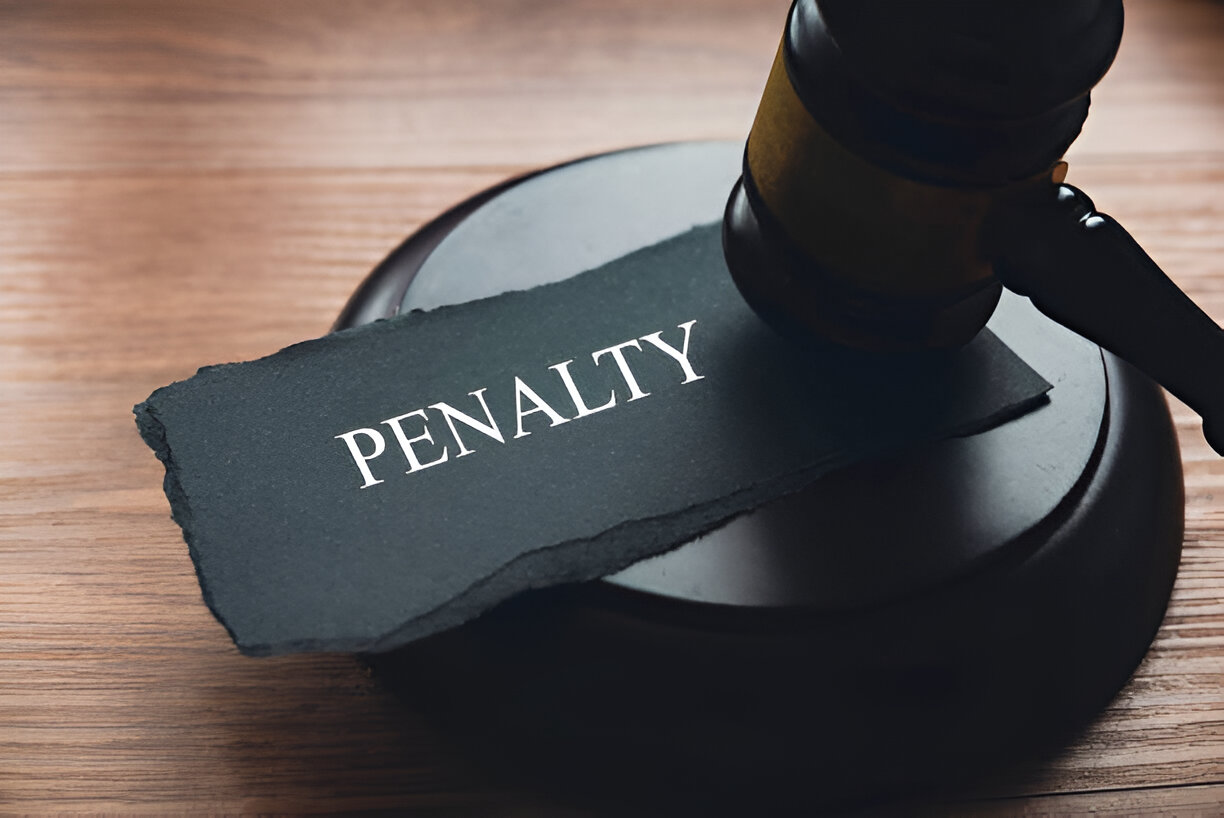
How to Choose a Qualified Gas Safe Registered Engineer
Selecting the right Gas Safe registered engineer is a key part of fulfilling your legal duties.
Here’s what to keep in mind:
- Check Their Registration: Confirm the engineer is on the Gas Safe Register before they do any work.
- Find Relevant Experience: Choose someone who specialises in the type of appliances and checks your property needs.
- Read Reviews: Look up reviews or ask for recommendations to make sure they’re experienced and trustworthy.
Landlord Certificate London has the most professional and expert engineers at affordable prices.
Frequently Asked Questions
Who can issue a Gas Safety Certificate?
Only engineers who are listed on the Gas Safe Register are permitted to issue a valid Gas Safety Certificate. Always verify an engineer’s Gas Safe ID before allowing them to carry out any work.
What are the consequences of not having a Gas Safety Certificate?
Failing to comply can lead to severe penalties, including large fines and even criminal charges. Plus, landlords who neglect their responsibilities may face civil claims if a tenant is harmed due to unsafe gas appliances.
What does a Gas Safety Certificate include?
The certificate will list every gas appliance checked, the results of each safety test, any repairs carried out, the date of the inspection, and the expiry date of the certificate. It’s a full record of the gas safety status of your property.
How long does a gas safety inspection take?
Most domestic gas safety checks take around 30 to 60 minutes, depending on the number of appliances and the size of the property. Larger properties with more appliances may require a bit more time.
Conclusion
Making sure your gas safety checks are up to date is essential for every landlord and homeowner. Staying compliant with these rules will keep your appliances safe and your property legal.
By arranging regular inspections and hiring a qualified Gas Safe registered engineer, you not only comply with the law but also protect your tenants and build a strong reputation as a responsible property owner.
When you make gas safety a top priority, you look after everyone in the property and help ensure the place stays safe, warm, and valuable for years to come.
About the Author: LandlordCertificate
Related Posts
Get Social
Recent Posts
- Asbestos Management Survey London: Update Your Property Records
- Gas Safety Certificate London: Why Regular Checks Save Money Long-Term
- FRA London Explained: How a Professional Fire Risk Assessment Keeps You Compliant and Safe
- When a New Tenancy Requires Your EICR Certificate London Renewal
- Fire Safety Certificate London: Integrating Fire Alarms and Emergency Lighting


